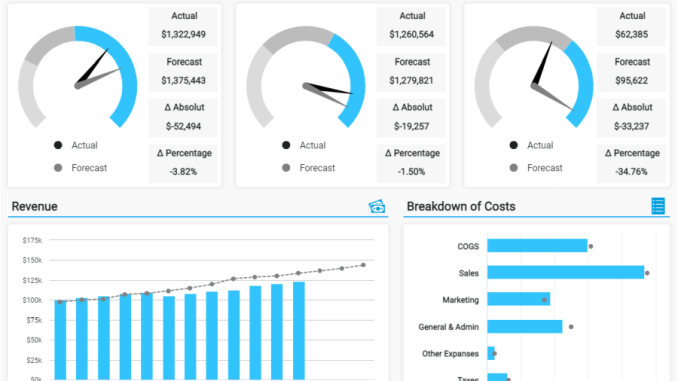
In the fast-paced world of digital marketing, Search Engine Marketing (SEM) plays a crucial role in driving targeted traffic to your website. However, managing your SEM budget effectively is key to achieving better performance and maximizing your ROI. In this article, we will explore some strategies to help you optimize your SEM budget for better results.
Evaluate Your Current SEM Strategy
The first step in optimizing your SEM budget is to evaluate your current strategy. Take a close look at your SEM campaigns and identify areas that may be underperforming or where you may be overspending. Are there keywords that are not generating a high click-through rate? Are your ads not effectively targeting your audience? By identifying these issues, you can make the necessary adjustments to improve your SEM performance.
Set Clear Goals and KPIs
Before making any changes to your SEM strategy, it’s important to set clear goals and Key Performance Indicators (KPIs). Define what success looks like for your SEM campaigns. Whether it’s increasing website traffic, improving conversion rates, or boosting brand awareness, having clear goals will help you measure the effectiveness of your SEM efforts and make informed decisions about where to allocate your budget.
Focus on High-Performing Keywords
One of the most effective ways to optimize your SEM budget is to focus on high-performing keywords. Take a close look at your keyword data and identify which keywords are driving the most traffic and conversions. By allocating a larger portion of your budget to these top-performing keywords, you can improve the overall performance of your SEM campaigns and maximize your ROI.
Use Negative Keywords to Refine Your Targeting
In addition to focusing on high-performing keywords, it’s important to use negative keywords to refine your targeting and prevent your ads from showing up for irrelevant search queries. By excluding certain keywords that are not relevant to your target audience, you can improve the effectiveness of your SEM campaigns and reduce wasted spend.
Optimize Your Ad Copy and Landing Pages
Another key factor in optimizing your SEM budget is to optimize your ad copy and landing pages. Make sure that your ad copy is compelling and relevant to your target audience, and that your landing pages are designed to convert visitors into customers. By continuously testing and optimizing your ad copy and landing pages, you can improve the performance of your SEM campaigns and drive better results.
Monitor and Analyze Your Performance Regularly
Finally, to optimize your SEM budget for better performance, it’s essential to monitor and analyze your performance regularly. Track key metrics such as click-through rates, conversion rates, and cost per acquisition to identify trends and areas for improvement. By staying on top of your data and making data-driven decisions, you can continuously optimize your SEM campaigns and achieve better results.
In conclusion, optimizing your SEM budget for better performance requires a strategic approach and continuous optimization. By evaluating your current strategy, setting clear goals and KPIs, focusing on high-performing keywords, using negative keywords, optimizing your ad copy and landing pages, and monitoring and analyzing your performance regularly, you can maximize the effectiveness of your SEM campaigns and drive better results for your business.